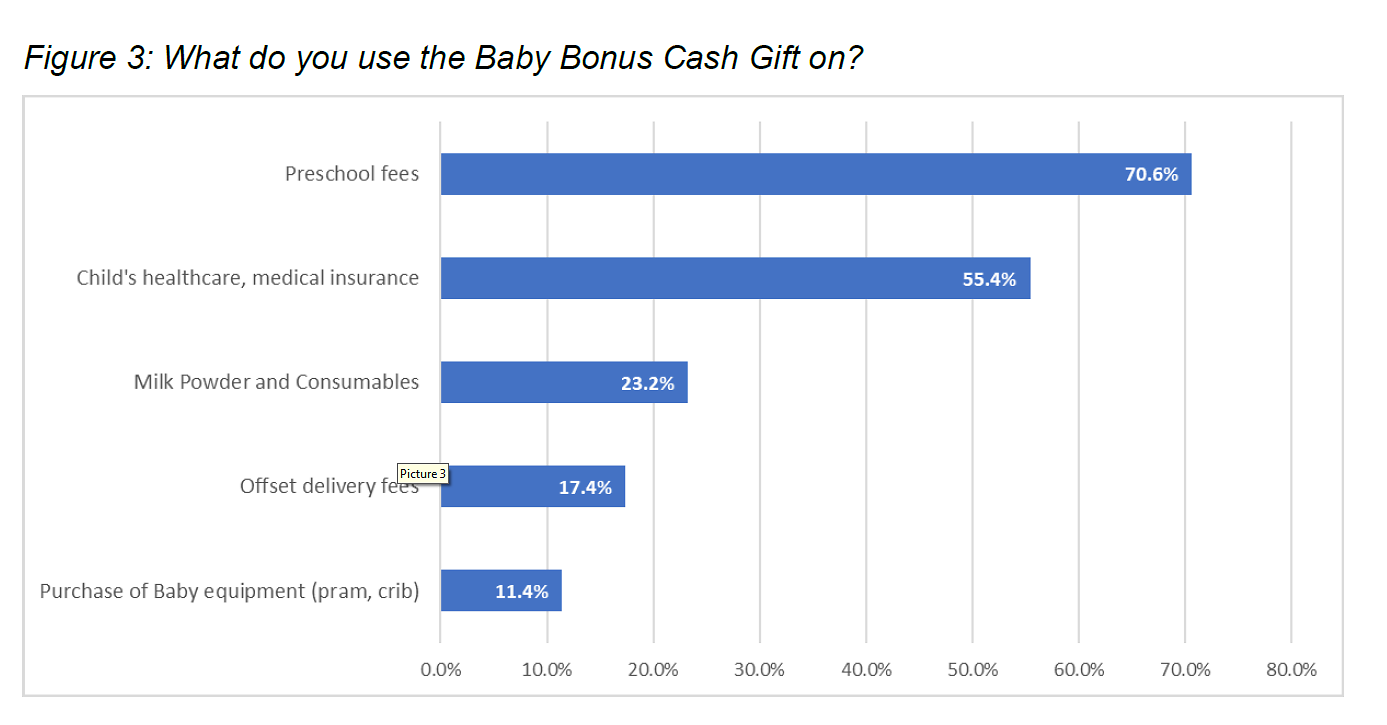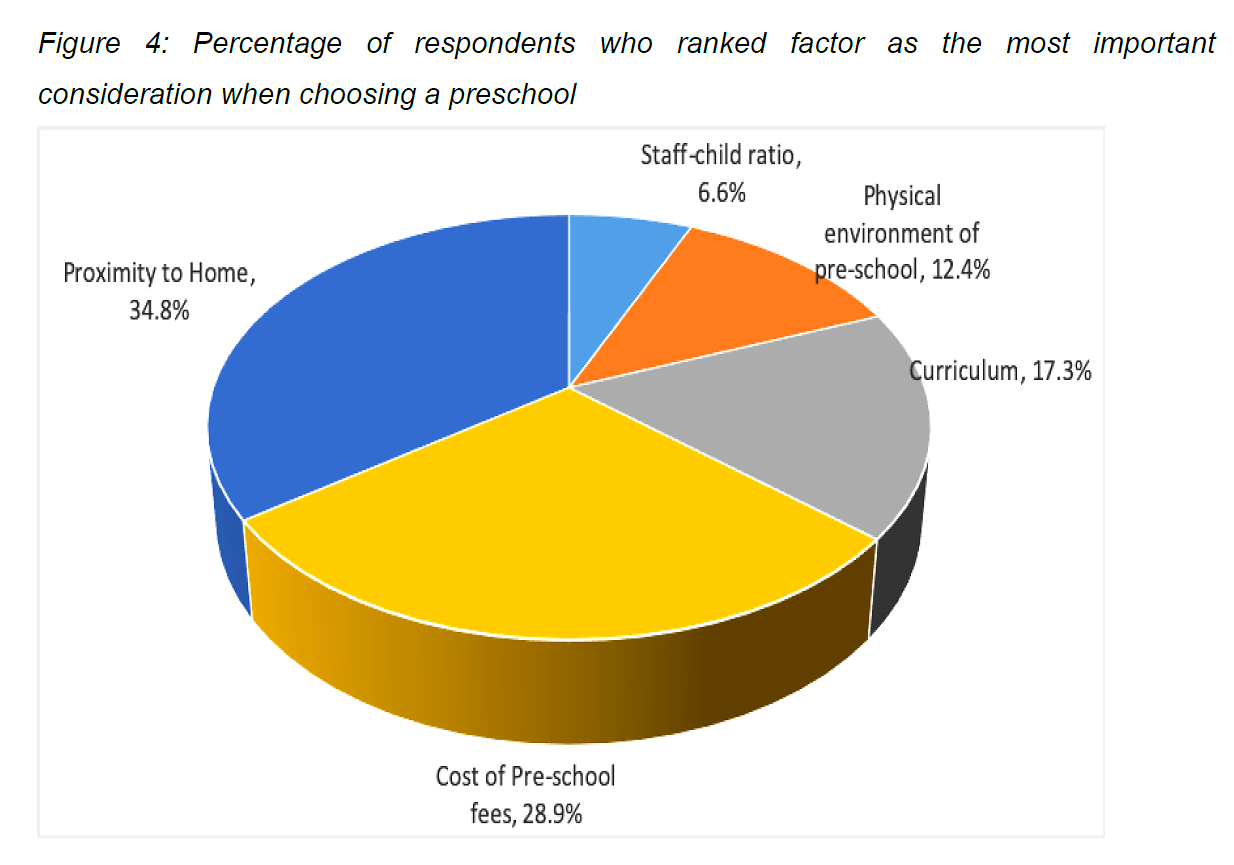SINGAPORE: Women above the age of 45 should be allowed to undergo in-vitro fertilisation (IVF) treatment in Singapore, said the People’s Action Party (PAP) Women’s Wing in a position paper on Tuesday (Jul 30).
This was among five key recommendations made to the Government on boosting support for parents and young families.
Currently, women older than 45 are not allowed to receive IVF treatment in Singapore. The Ministry of Health (MOH) had explained that this is because the success rates of IVF decreases with age, and medical complications increase.
“However, with advancements in ART (assisted reproductive technology), medical risks for women above 40 undergoing ART have been reduced considerably,” said the PAP Women’s Wing in its position paper.
“In England and Wales, official figures show that women over 40 are now having more babies than those under 20. Advances in fertility treatment was one of the reasons cited.”
READ: Number of babies born in Singapore falls to lowest in 8 years
Many jurisdictions such as Australia, Hong Kong and the United States do not impose any age limit on women undergoing assisted reproductive procedures, noted Member of Parliament for Tampines GRC Cheng Li Hui.
“I think we give women the right to choose, and the doctors to advise them. It’s actually women’s reproductive freedom of choice,” said Ms Cheng.
Members of Parliament Ms Cheng Li Hui, Mdm Rahayu Mazam, Ms Sun Xueling, Ms Cheryl Chan and Dr Intan Azura Mokhtar present their position paper. (Photo: Cindy Co)
The PAP Women’s Wing also proposed that women be allowed 10 fresh IVF cycles per lifetime regardless of age, instead of the current cap of 10 cycles for women before 40 years old and five cycles for those older than that.
A full cycle of IVF is when one or two embryos are placed in the womb while remaining good quality embryos are frozen for later use.
As to whether subsidies should be extended to cover IVF beyond the age of 40, the paper said: “We agree with concerns that this may send the wrong signal about the likelihood of success.
“We call on MOH to continually review the age limit for subsidised IVF and provide appropriate funding support where chances of conception are good.”
READ: ‘Doing it for myself’ – the women freezing their eggs to raise their chances of conceiving
READ: Why Singaporean women are going to Johor to make babies
The position paper was the result of extensive public consultation with young people, parents, would-be parents and employers. More than 2,000 survey responses were received, and focus group discussions were held involving the public and Women’s Wing activists.
Apart from Ms Cheng, five other women MPs were involved in the paper: Ms Sun Xueling, Dr Intan Azura Mokhtar, Ms Cheryl Chan, Mdm Rahayu Mahzam and Ms Joan Pereira.
REDUCE PRE-SCHOOL COSTS
Two suggestions were made to help reduce pre-school fees: Expand the Anchor Operator and Partner Operator Preschool Scheme to allow at least 80 per cent of families with pre-schoolers to access affordable and quality full-day childcare within a 10 minute walk; and to reduce out-of-pocket expenses on pre-school fees to five per cent of household income per child.
Based on the Women’s Wing’s survey, families with less than S$12,000 in household income tend to spend 6 to 15 per cent of that on pre-school fees per child. In addition, many respondents said that their Child Development Account funds were depleted quickly to pay for pre-school fees.

(Figure: PAP Women’s Wing)
Another top concern for couples is the distance between their homes and pre-schools.

(Figure: PAP Women’s Wing)
“If we see pre-schools on the same level as public housing and general medical care, then we should be looking at trying to make it the affordable option, making it available to at least 80 per cent of the households,” said Ms Sun.
She added that many parents saw pre-school as a necessity, hence the decision to place pre-school fees on par with public housing and general medical care.
Members of Parliament Ms Cheng Li Hui, Ms Cheryl Chan, Ms Sun Xueling, Mdm Rahayu Mazam and Dr Intan Azura Mokhtar pose for a photo with preschool children. (Photo: Cindy Co)
Noting that pre-school fees are capped at S$770 for Anchor Operators and S$806 for Partner Operators, Ms Sun said: “If we are able to extend these operators rather than private pre-school operators, we can ensure that the preschool fees are actually more manageable.”
READ: Singapore’s pre-school sector: Assessing its growth amid challenges
FLEXIBLE WORK ARRANGEMENTS, SUPPORTING SPECIAL NEEDS CHILDREN
The paper also suggested more targeted approaches to encouraging flexible workplace arrangements for families.
The Women’s Wing found that while 47 per cent of employees were offered flexible work arrangements, and 52 per cent given unrecorded and recorded paid leave for unplanned emergencies, most did not take advantage of such arrangements due to the nature of their job or workplace culture.
As such, the Women’s Wing hopes that the Ministry of Manpower would promote different flexible workplace arrangements for different industries and jobs, said Ms Chan.
In addition, the paper proposed expanding learning opportunities, therapies and treatment within the school system for families with special needs children.
READ: More support in pre-schools for children with developmental needs
Many parents had difficulties in finding appropriate pre-schools for their special needs children due to the lack of teacher training, infrastructure and appropriate curriculum, said Ms Chan.
The position paper comes as the number of babies born in Singapore fell to its lowest in eight years in 2018.
Ms Sun said: “We believe that young families deserve a stronger signal of support, both from the Government and the whole of society.
“We have to make it easier for young families to raise children successfully, while taking care of their career goals and pursuing other life goals as well.”




